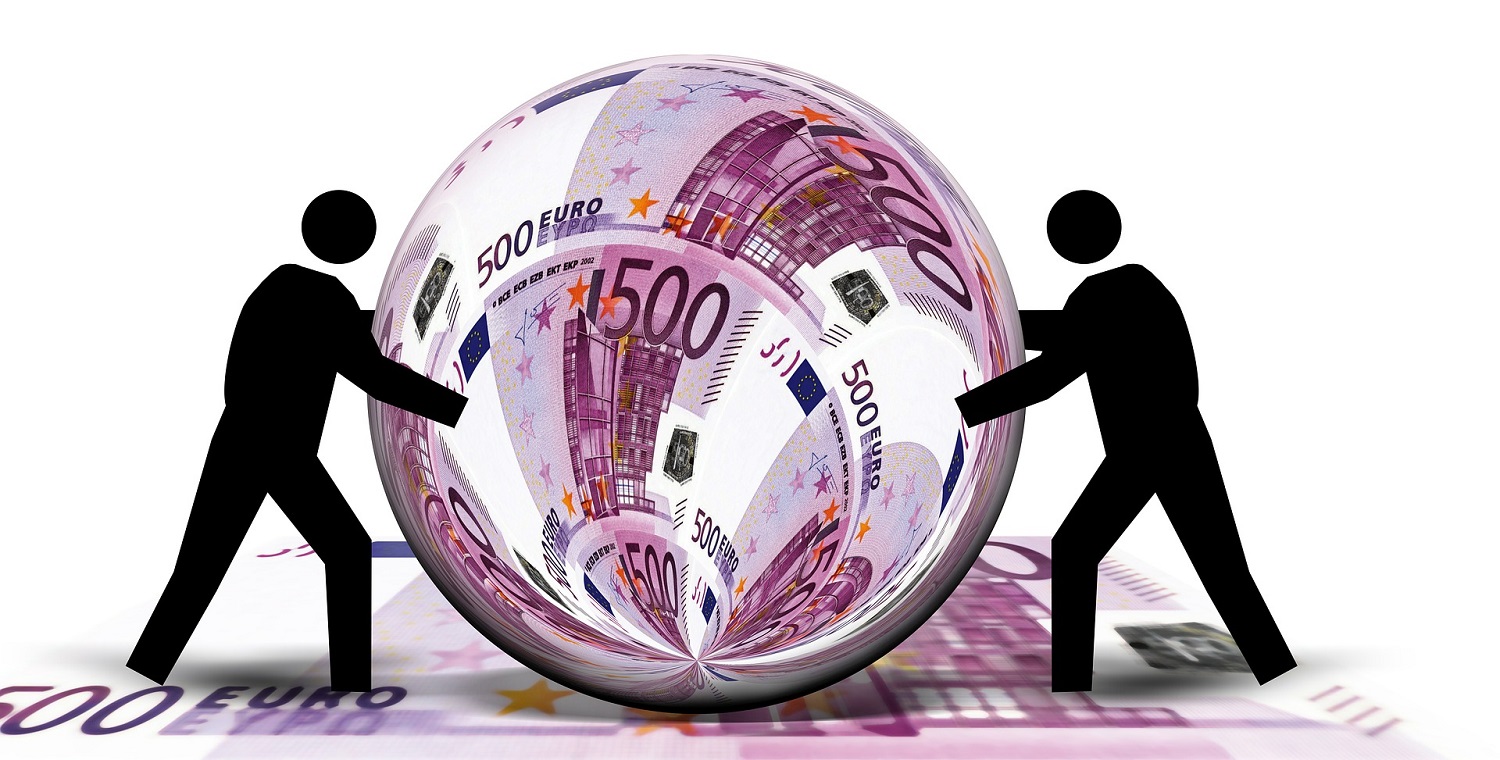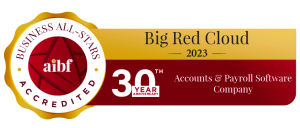Why would you set up as a sole trader or limited company? Why would you set up your own business at all? These questions would have been furthest from the minds of thousands of small businesses owners – those that inadvertently turned a little hobby could turn into a booming business? Normally it starts out small where you are helping friends upgrade their kitchen cabinets or you sell a few jewelry pieces to coworkers. Then you receive more requests as the money adds up. In time, you are cutting back on regular work hours to work part-time for yourself as your hobby is slowly turning into a viable business venture.
You Need a Business Structure
Before you decide on the details of your business such as having a storefront or finding a materials supplier, you need to select a business structure. The business structure not only gives you legitimacy when working with customers or other businesses, it ensures you are paying all required taxes and following the established standards for your industry. You will also have to decide on how your business will incur liability and debts when performing services or selling products.
Sole Trader or Limited Company?
You may be debating between registering as a sole trader or a limited company. Both have their benefits and limitations, as you will need to examine your current and future business needs to select the right business structure. Keep in mind that a business structure is not set in stone, and you may decide to be a sole trader when first starting your business and then in the near future switch to a limited company. Here is a brief breakdown of each business structure.
Sole Trader
Most people become sole traders when they are first starting out. Basically, it means you are self-employed although you can still hire employees to help out. You will be taxed as a self-employed individual as you have to register through the Revenue Online Service to pay your tax obligations. Some of the aspects of being a sole trader include:
* You will be personally liable for any debts of the business
* You will pay income taxes on your profits
* You have to pay Class S social insurance contributions
A major benefit of becoming a sole trader is that your accounting is simpler than other business structures. Using accounting software, you only need to keep track of your business profits and costs.
Limited Company
While people may enjoy being a sole trader because of simpler administrative tasks while being self-employed, you may select to become a limited company when you are looking for more business credibility. There are many customers, business clients and investors who will not work with sole traders and will instead give their business to limited companies. Aspects of a limited company include:
* You must register with the Companies Registration Office
* Your company assumes risks and debts that it incurs
* Owners of the business will have shares, which you can sell to other people to obtain equity
* You will have to pay corporation taxes on any profits
While bookkeeping is more complicated with this business structure, there are many benefits of becoming a limited company. You can keep business debts separate from personal debts to lower risks of having your personal assets taken to pay business creditors. You’ll also be able to receive dividends and salary as income. When it comes to raising funding, you can get involved with investments as your business builds credibility with investors.
Every business owner must decide for themselves on which business structure will work best. Think about the type of business you are running, the number of owners, the types of business risks that will be incurred and other factors to select the best one for operations.
Sole trader or limited company, it’s an important decision. Don’t forget to engage with your financial advisor / accountant before you make any decisions. They are best placed to provide you with practical advice that will be best suited to your individual situation.





